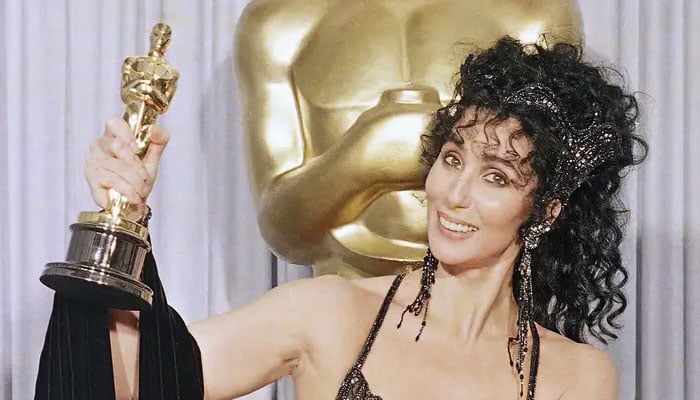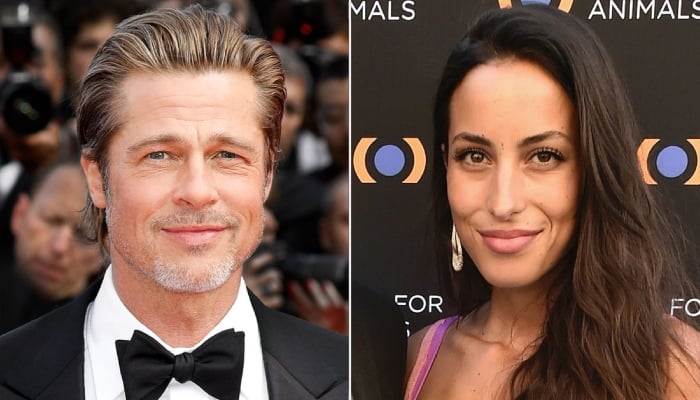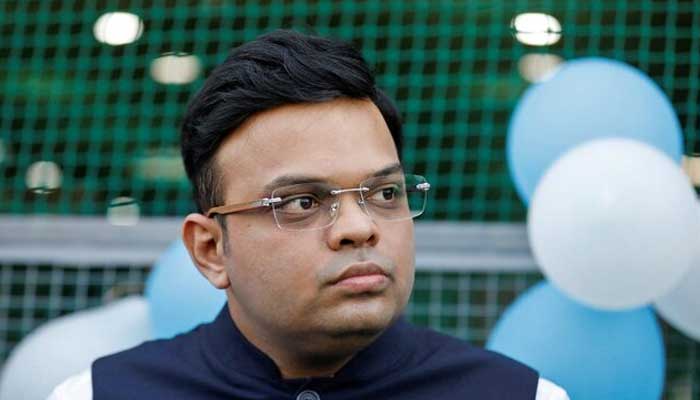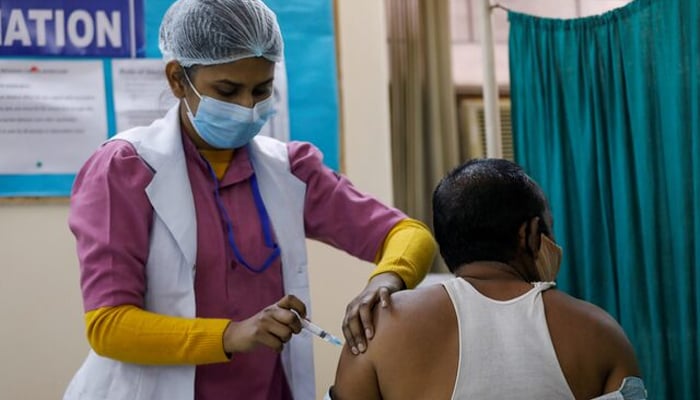
Social media firms must take action on agitators, says Cooper
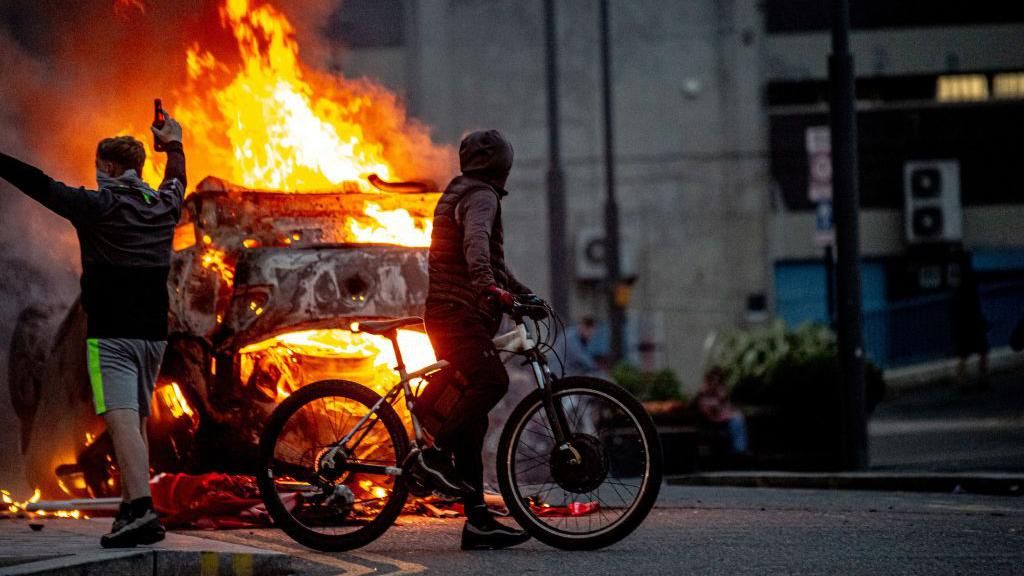
Social media firms need to take action over "shocking misinformation", online agitators and the "organisation of violence", Home Secretary Yvette Cooper has said.
She told the Today programme social media firms are not acting quickly enough to remove "criminal material" after days of protests in UK towns and cities.
Her comments come after X owner Elon Musk said "civil war is inevitable" on his social media platform in response to a video showing people aiming fireworks at police.
The BBC has approached X, Meta, TikTok and Snap for comment.
The home secretary said social media companies need to "take responsibility" over online posts encouraging criminality.
"There's been some shocking misinformation that has escalated some of this, but then there's also been the deliberate organisation of violence as well," she said.
"You can't just have the armchair thuggery of the people being able to incite and organise violence and also not face consequences for this."
Offences concerning incitement under UK law predate social media, and are listed under the Public Order Act 1986.
This may include provoking violence and harassment, as well as engaging in rioting.
Meanwhile the Online Safety Act, which became law in 2023 but has not yet fully come into effect, will require social media firms to "take robust action against illegal content and activity", including "racially or religiously aggravated" offences as well as inciting violence.
The criminal offences introduced by the act will cover sending "threatening communications" online, and sharing "false information intended to cause non-trivial harm".
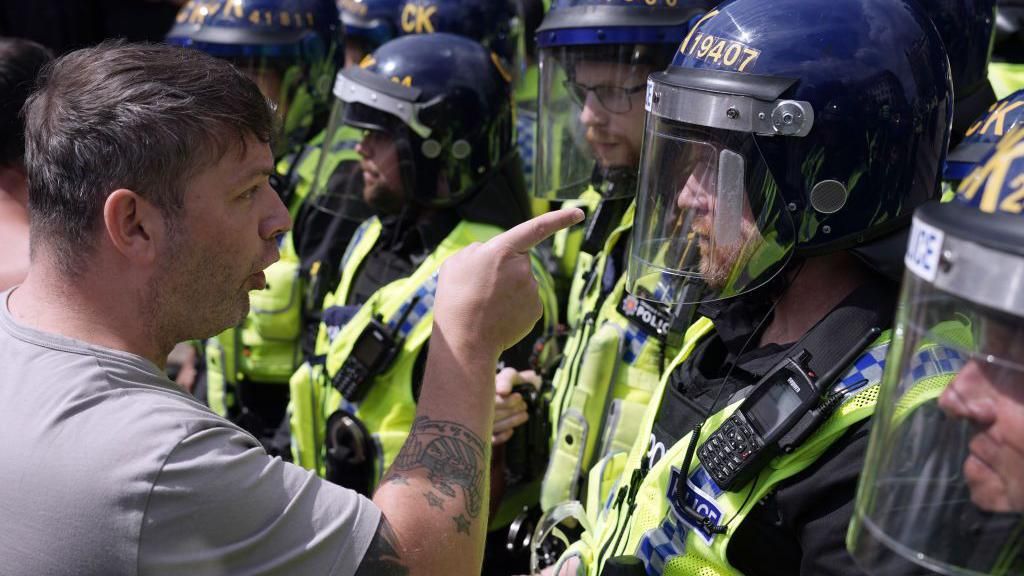
Ms Cooper said social media firms are failing "recognise the impact" of online agitators, with some online posts about the unrest including "things which are clearly already criminal".
“There are crimes that have been committed on social media in inflaming this and encouraging and promoting violence," she said.
"There are areas where the social media companies do have clear requirements at the moment to remove criminal material and should be doing so, but sometimes take too long to do so."
Ms Cooper said there are other areas where firms have "made commitments around their terms and conditions that are supposed to be enforced" - but posts are not being removed.
She said the government was “pursuing this” with social media companies this week.
And when asked specifically about posts made by English Defence League founder Tommy Robinson - real name Stephen Yaxley-Lennon - Ms Cooper said she had seen videos posted by "a series of agitators", and would not comment on "individual pieces of material that may well be subject to a police investigation or a criminal investigation".
Social media involvement
Anne Craanen, Senior Research and Policy Manager on Extremism at the ISD think-tank, said the relationship between online activity and offline violence is "very hard to assess" - but amid recent unrest "the relationship is abundantly clear".
"Platforms have developed crisis response protocols for responding to terrorist and mass-casualty events but continue to struggle with violent incidents which may lead to disinformation that may inspire further violence," she said.
"Platforms, in the case of Southport, did not enforce their own Terms of Service adequately or in a timely fashion."
The prime minister recently criticised the role social media has played in the unrest, telling firms last week - and "those who run them" - that "violent disorder clearly whipped up online" is a crime.
Just three days after the prime minister's comments, Mr Musk made his post calling civil war in the UK "inevitable".
Mr Musk's comments have drawn ire from some online, with satirist Armando Iannucci saying the billionaire had been "taken in by your own platform, which amplifies noise at the expense of facts".
Meanwhile Sunder Katwala, director of think tank British Future, said the post was "spreading a narrative that is crucial to socialising people with fairly extreme view towards condoning violence to protect their group".
He said there needs to be "strong responses from government, Ofcom, and parliament" to the comments.
An Ofcom spokesperson told the BBC it is "moving quickly" to implement the Online Safety Act, so it can be enforced "as soon as possible".
"When it comes fully into force, tech firms will have to assess the risk of illegal content on their platforms, take steps to stop it appearing and act quickly to remove it when they become aware of it," they said.
"We expect the illegal harms duties to come into force from around the end of the year... and the additional duties on the largest services in 2026."


